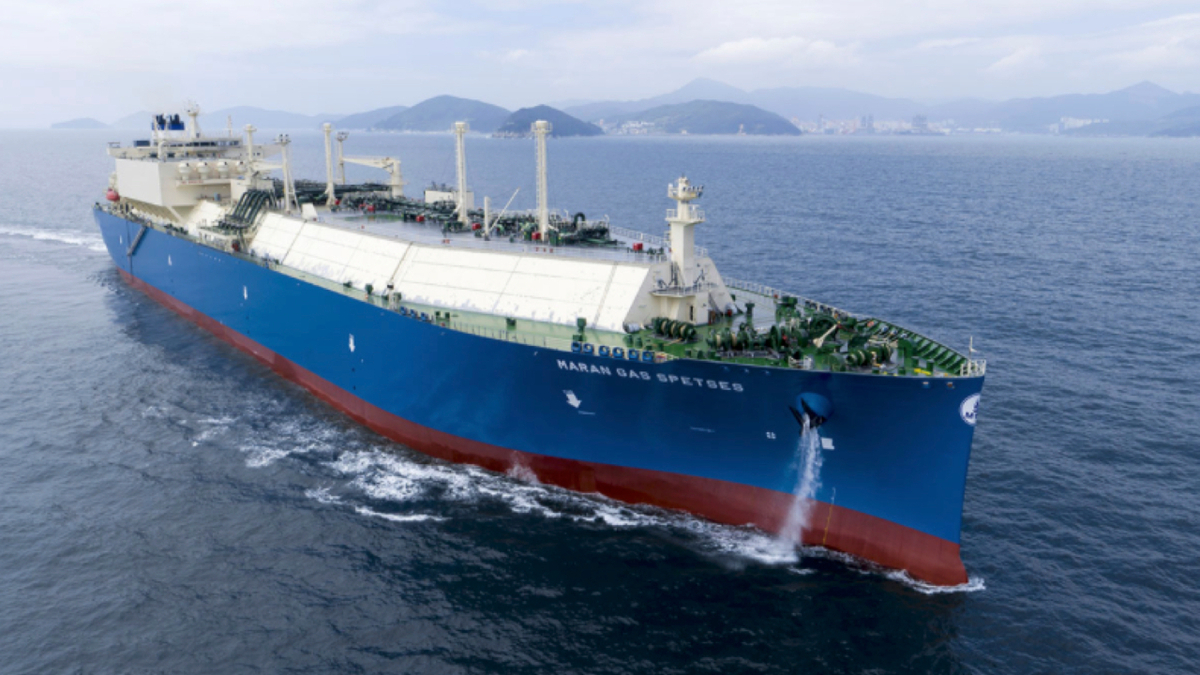Business Sectors
Events
Contents
Register to read more articles.
Swedish manufacturer to launch hydrogen-focused division
Eyeing new business opportunities, Alfa Laval is establishing a new business unit dedicated to the hydrogen segment
Over the past three years, the company has been present in the hydrogen market, especially in the areas of electrolysers and fuel cells. Alfa Laval is now establishing the Electrolyser and Fuel Cell Technologies unit with the aim of capturing business opportunities in the hydrogen sector.
The company said the new unit is a recognition of the potential of the technology with new products and uses in hydrogen applications in collaboration with industry leaders.
To support the unit and drive innovation, the company will build an innovation centre dedicated to heat exchangers, fuel cells and electrolyser components to drive R&D and testing in these areas, both from a capability and pace perspective. This research and development centre will be located at the company headquarters in Lund, Sweden, where the largest heat exchanger factory is located.
The monetary investment was not disclosed but Alfa Laval called it “significant both in terms of resources and equipment.” The current head of clean technologies and vice president of the energy division, Madeleine Gilborne, will assume the role of president of the new business unit.
The unit will be established by 1 January 2024 as a part of the energy division.
Alfa Laval believes its extensive expertise in heat transfer and metallurgy gives it a unique position in the hydrogen segment. The company has investments in the Power-to-X segment, which involves the conversion of electricity, often from renewable sources, into other energy carriers or chemicals.
This includes producing hydrogen through electrolysis and creating derivatives like ammonia or methanol, which can be stored, transported or used as alternative fuels or feedstocks across various industries.
Alfa Laval is also part of a project developing a system to safely combust hydrogen boil-off gas from a storage tank on board a liquid hydrogen carrier.
Alfa Laval chief executive and president, Tom Erixon said, “Hydrogen plays a pivotal role in the energy transition and our ambition is to speed up this transformation through innovation and the industrialisation of electrolyser and fuel-cell components.”
“While renewable energy sources like solar and wind are the fastest growing energy providers today, a significant portion of future energy demands cannot be directly electrified. This necessitates the use of clean molecules such as hydrogen. Hydrogen, generated through electrolysis, is at the forefront of this transition.
Sign up for Riviera’s series of technical and operational webinars and conferences in 2023:
- Register to attend by visiting our events page.
- Watch recordings from all of our webinars in the webinar library.
Most Viewed Articles
© 2024 Riviera Maritime Media Ltd.


